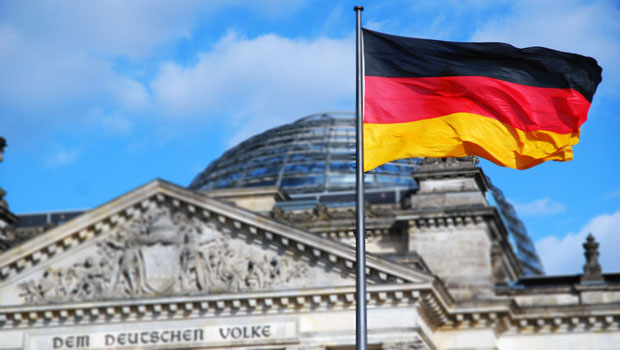Germany closed 2023 in ‘Red numbers’with a Gross Domestic Product (GDP) what contracted 0.3% at the end of last year. The country faces serious structural problemsalthough the situation is less pessimistic “than the widespread headlines may suggest.” AND politics holds the key for boost recovery.
“Germany still has many strengths. However, needs a change“, emphasize the Berenberg experts.
With a solid employment and the most comfortable fiscal situation of all the world’s major economies, is well positioned for spend more on defense, reduce your carbon footprint y coping with China’s transition from a growing market to a serious competitor for German industry.
“In most respects, German politics remains reassuringly boring. No national version of Donald Trump, Boris Johnson, Marine Le Pen or Geert Wilders is close to power in Berlin,” the German firm explains.
Instead, they believe it is almost certain that the next government after the September 2025 elections it will be another coalition between the main center-right and center-left parties.
“It is encouraging that the leaders of the four main parties agree, at least in principle, that Reforms are needed to revive the economy’s vigor“, indican and Berenberg.
In this sense, they highlight that the situation differs from the period 1998-2002, when Germany had become the “sick man from europe“, but it was governed by an Executive that refused to recognize the problem.
However, “Germany may not get more than some marginal adjustments until the end of 2025“, they clarify, since the German country “works by consensus.”
For the most important issues, the government of the day needs the support not only of its own majority in the Bundestagbut also of Federal Council, the chamber of Germany’s 16 state governments. In this upper house of parliament, the majority opposition can usually exercise a veto. Changes to the constitution must be approved by two-thirds majorities in both houses of parliament.
REVIEW OF THE “DEBT BRAKE”
Many of the reforms that Germany must carry out to get back on the path of growth would cost money initially. “This applies to corporate tax cutslas early depreciation allowancessupport to face the energy transitionas well as the tax exemptions for people who work beyond the legal retirement age or who work overtime,” say the German experts.
At the political level, many government authorities are willing to move “at least a little” in the right direction. The CDU opposition has presented an extensive list of reforms in this regard, although without “realistic proposals” on how finance the income deficit which, according to the government, could amount to between 20,000 and 30,000 million euros per year.
And this is where the Germany debt brake.
“The norm enshrined in the Constitution restricts the federal deficit to 0.35% of GDP (approximately 16 billion euros) in cyclically adjusted terms”, commented Berenberg.
Many economists, as well as most leaders of the center-right opposition CDU/CSU and the liberal FDP, maintain that The brake is necessary to impose fiscal discipline. They estimate that greater spending should be financed in new priority areas, such as infrastructure and defense, as well as business-friendly tax cuts, restricting spending on other items.
“While this might make economic sense, seems almost impossible from a political point of view. Even a future government led by the center-right will almost certainly include a center-left party that would not support such significant cuts in social and other spending,” the strategists predict.
For the moment, the opposition CDU/CSU (and the FDP) has made adherence to the current “debt brake” one of its main political arguments. And more so in a context in which The Government led by Olaf Scholz is likely to have difficulty saving 15 billion euros that allow it to comply with the debt norm in the 2025 budget.
“Budget cuts in 2025 and possible discord within the current coalition over said cuts could benefit the opposition in the next elections. The CDU/CSU will most likely get the most votes. But to get the center-left coalition partner necessary to form a government, it will have to accept a compromise on the debt brake,” the German firm argues.
And it would not be surprising if the CDU leader, Friedrich Merzwould detect the need to modernize the debt brake in post-election negotiations, if that would pave the way for him to become Germany’s next chancellor.
“With little fiscal space within the limits of the current debt brake and the reluctance of the SPD and the center-left Greens to make major cuts to social spending, room for pro-growth reforms limited at the moment. Some more modest steps are expected to simplify bureaucratic procedures and clarify future energy policy. Progress is possible, but only on a modest scale“, they conclude in Berenberg.
2024-04-09 04:09:45
#Germany #stuck #stalemate #strengths


